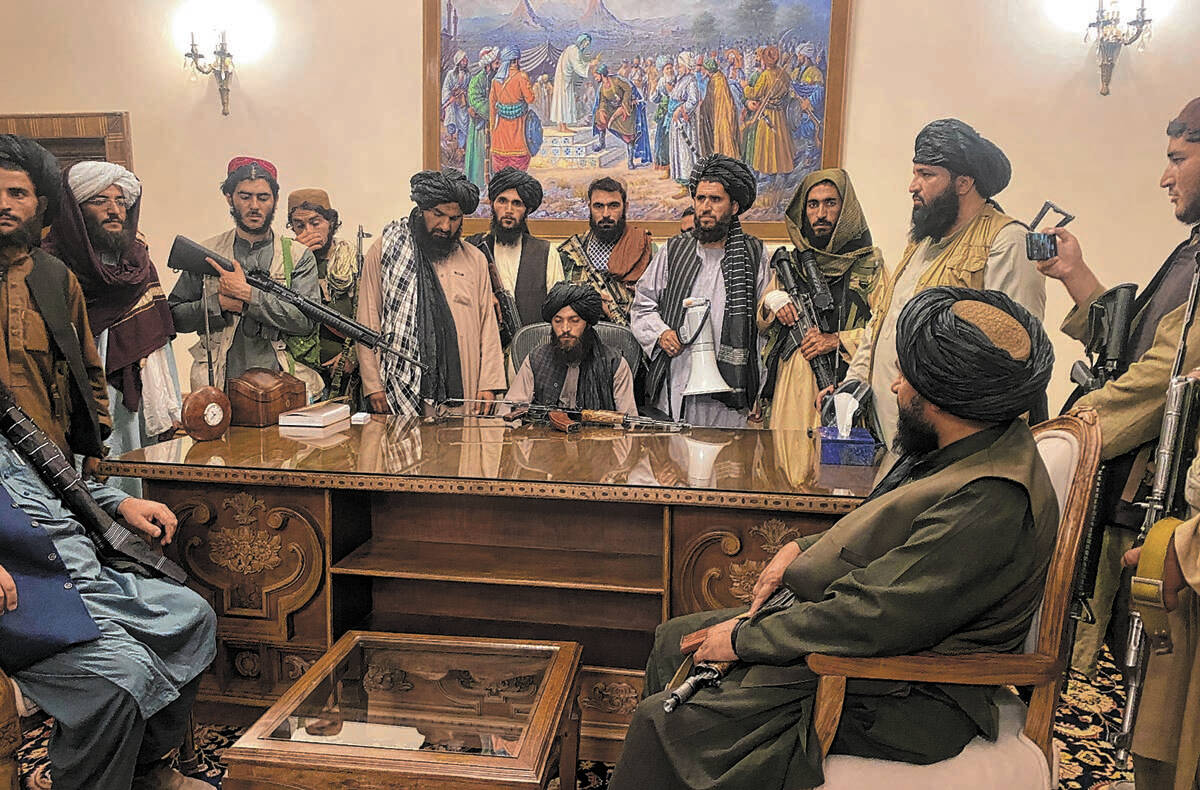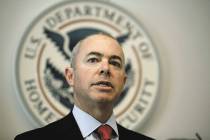EDITORIAL: An inglorious end to America’s longest war
The official end of America’s longest war was deeply troubling. For those President Joe Biden left behind, it may prove deadly.
On Monday, the last remaining U.S. military personnel left Kabul. It marked the end of both America’s military mission in Afghanistan and a frantic mission to evacuate U.S. citizens, green card holders and Afghans who worked with the U.S. Neither was successful.
Start with the pressing crisis. Military officials said hundreds of U.S. citizens were left behind in Afghanistan. On Thursday, the White House asserted that the number remaining is “closer to 100.” Perhaps. Or maybe it’s hard to get an accurate count when people are hiding from the Taliban in fear for their lives.
Michael Yon, who has a special forces background, was trying to get U.S. citizens out before the troops left. “We had them out there waving their passport screaming, ‘I’m American,’” Mr. Yon said. “People were turned away from the gate by our own Army.”
As of Thursday, more than two dozen schoolchildren from California remain stuck in Afghanistan. They traveled to see their relatives earlier this year. In a bit of good news, several San Diego families who had been stuck were able to return to the United States last week.
Green card holders shouldn’t be forgotten either. Javed Habibi is a green card holder from Richmond, Virginia. As of last last week, he was still in Kabul with his wife and four daughters. As The Associated Press reported, the U.S. government promised him that he and his family would be able to leave. Then, the military left without them. The government “lied to us,” Mr. Habibi said.
How many lives are at risk is unclear. The Biden administration either doesn’t know how many remaining green-card holders are in the country, or the number is so high that it doesn’t want to admit it publicly.
It gets worse. Mr. Biden likely left behind a majority of interpreters and other Afghans who sought visas, a senior official involved in the evacuation told NBC News. Previous estimates were that 50,000 Afghan allies and family members need to be evacuated. State Department spokesman Ned Price said around 23,000 of them made it out.
An interpreter who in 2008 helped rescue then-Sen. Joe Biden after his helicopter made an emergency landing during a snowstorm begged for help. “Hello Mr. President: Save me and my family,” Mohammed told The Wall Street Journal. He’s hiding with his wife and four children, fearing his life.
Already, there are reports that the Taliban are executing those who worked for the previous government.
The Biden administration has a moral obligation to help those in each of these groups flee the country. In his Tuesday speech addressing the pullout, Mr. Biden seemed to agree. He said there are “continued diplomatic efforts to ensure safe passage for any American, Afghan partner or foreign national who wants to leave Afghanistan.”
The United States is joined with more than 100 countries, Mr. Biden continued, “that are determined to make sure the Taliban” allow those in Afghanistan to leave. One shudders to think how meaningless the Taliban — now armed with billions of dollars of U.S. equipment — believes that determination to be.
The longer-term problem is that Afghanistan is poised to become a hotbed of terrorists, if it hasn’t become one already. Mr. Biden mentioned that ISIS-K, the group responsible for the suicide bombing attack that killed 13 service members, are “sworn enemies of the Taliban.” He failed to mention that the Taliban released thousands of ISIS-K prisoners after it took over the country.
Even Osama bin Laden’s security chief reportedly came back to his hometown.
The United States may have the tactical ability to launch “over the horizon” strikes on terrorists, but identifying targets is much more complicated without someone on the ground. There is real reason to worry that Mr. Biden’s hasty withdrawal created the conditions that could enable terrorists to train, grow stronger and plan a future attack on U.S. soil.
As the result of Mr. Biden’s decisions, the Taliban are arguably better positioned and certainly better armed than they were 20 years ago. That doesn’t bode well for those left in Afghanistan or for Americans here at home.
























